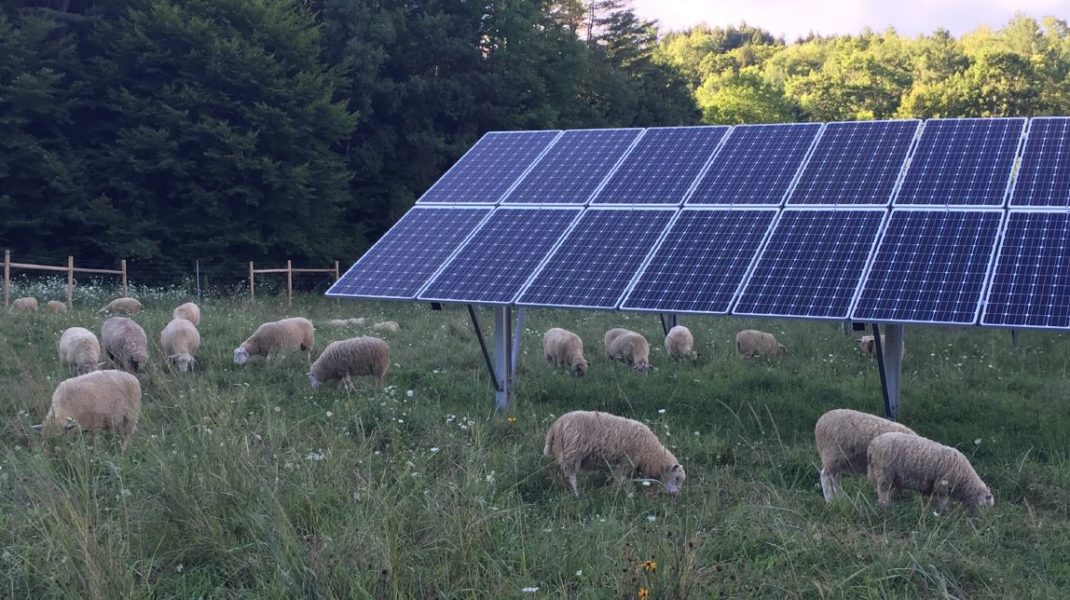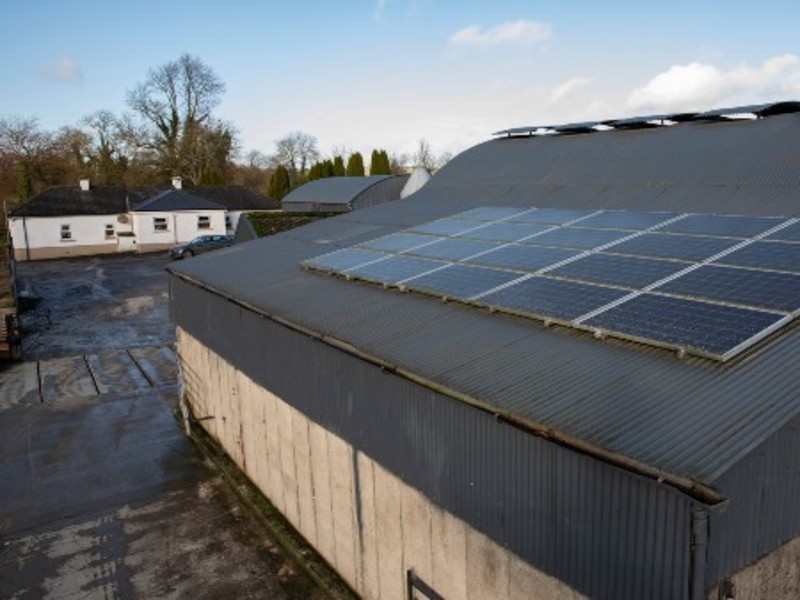Solar can provide a viable alternative energy source for the farming sector, according to two members of the Joint Committee on Agriculture, Food and the Marine.
In May, the Oireachtas committee met with Teagasc and the Irish Solar Energy Association (ISEA) to discuss the potential offer by the renewable energy source.
It is currently inviting written submissions from interested groups or individuals as part of its report on implementing a cost-effective solar energy strategy for the agriculture industry.
Committee vice-chair senator Tim Lombard believes that solar energy can help the sector in meeting carbon emission reduction targets.
“With the current rising oil and gas prices, it also offers potential savings on high energy costs that are creating strain for farmers and agri-businesses.
“To have a successful agriculture industry going forward we need to meet carbon reduction targets in an economically viable way – solar energy can provide such an opportunity,” he said.
“This is why the committee are seeking the input of all relevant stakeholders, interested individuals and groups – to help draft a report regarding this important initiative.
“We want to utilise our best asset; those with the expertise working within the industries,” Senator Lombard added.
Meanwhile, Senator Victor Boyhan said that making land available for solar developments presents opportunities for farmers to diversify their revenue stream.
“Agricultural buildings, such as sheds, on many farms could host solar panels and enable farms to move towards energy independence.
“Certain growers in the agri-food sector could generate their own clean power, from maximising solar,” he stated.
The senator said that he was convinced that the agriculture sector is motivated and genuinely interested in participating in solar, if the conditions are right.
However, he pointed to “barriers that need to be overcome” including support structures; taxation; and access to the grid network.

Senator Boyhan said that a very significant barrier relates to an agricultural relief under capital acquisitions tax rules.
He outlined that currently farms with solar panels can qualify for the relief as long as the panels do not take up more than half of the total land area.
“Easing the restriction could have an immediate impact for farmers and the solar industry.
“Solar installation does not prevent the use of the land for agriculturally relevant purposes, such as sheep grazing.
“International experience suggests that 55% to 80% of the land under lease could be available for use, and that is before one considers use of the land under panels,” he stated.
Senator Boyhan called on farmers and those interested in the debate on solar energy potential for agriculture to make their views known.
The closing date for receipt of written submissions, which can be sent to [email protected], is 12 noon on Friday, July 1, 2022.
